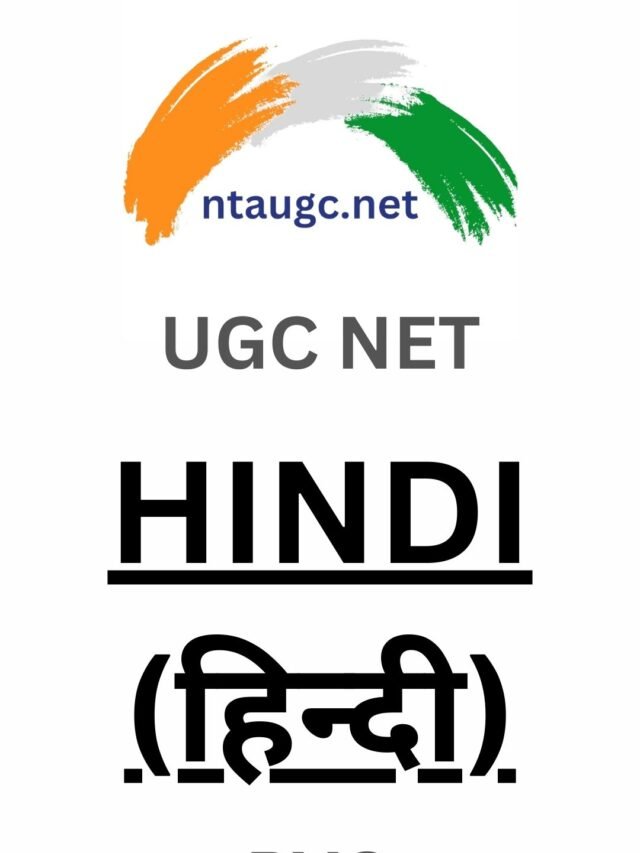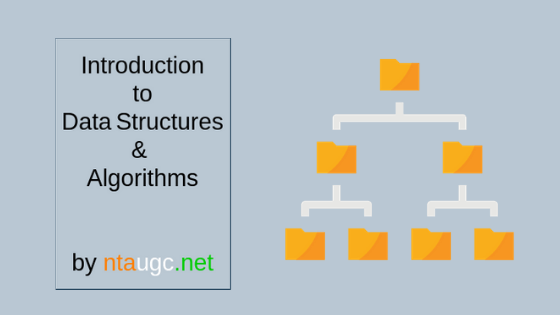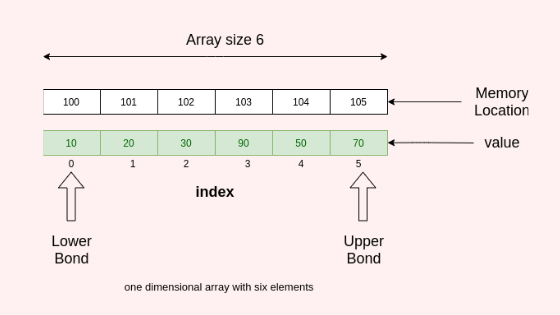The theory of knowledge in Indian logic, also known as epistemology, is an important aspect of Indian philosophy. In Indian epistemology, knowledge is considered to be a means to liberation, and the ultimate goal is to achieve a state of spiritual liberation known as moksha. Indian epistemology is divided into two main schools: the Nyaya school, which emphasizes the role of perception and inference in knowledge acquisition, and the Mimamsa school, which emphasizes the role of scriptural interpretation in knowledge acquisition. Both schools have developed complex systems of logic and reasoning to support their epistemological views.
Theory Of Knowledge
Knowledge or cognition is defined as apprehension or consciousness. Knowledge, according to Nyaya, reveals both the subject and the object which are quite distinct from itself. This is the reason why Nyaya is called as realist system.
Knowledge may be valid or invalid. Valid knowledge is called prama and, is defined as the right apprehension of an object. Nyaya maintains the theory of correspondence (Paratah Pramanya.) Non – Valid knowledge is known as aprama.
Nyaya accepts four valid means of knowledge viz. perception (Pratyaksha) , inference (Anuman), testimony (Shobda) and comparison (Upamana).

Nyaya Philosophy
The sage Gotama (Gautama or Akshapada) is the founder of Nyaya school of Indian philosophy. The word nyaya means argumentation.

Pramana
Pramana: Means of knowledge, Where knowledge is being received. Which is real, which we can prove.
Pramana root word is derived from a Sanskrit word Prama, Which means true knowledge.
“Theory of knowledge” from which we are learning knowledge.

Pratyaksha ( Perception)
Gotama defines perception as non-erroneous cognition which is produced by the contact of the sense-organs with the objects, which is not associated with a name and which is well-defined’.
Perception is a kind of knowledge and is the attribute of the self. The sense – organs are derived from the elements whose specific qualities of smell, taste, color, touch, and sound are manifested by them. The manas is the mediator between the self and the sense-organs.
- The first source of knowledge
- non-erroneous cognition
- No chance of mistake
- Most direct way to received
The Nyaya maintains two stages in perception. The first is called inderminate or nirvikalpa and the second, determinate or savikalpa. They are not two different kinds of perception, but only the earlier and the later stages in the same complex process of perception.
All perception is determinate, but is necessarily preceded by an earlier stage when it is indeterminate. Bare sensation or simple apprehension is nirvikalpa perception; perceptual judgement or relational apprehension is savikalpa perception.
Again, according to Nyaya, Pratyaksha is of two kinds, namely, laukika (ordinary) and alaukika (extraordinary). When the sense-organs come into contact with the object present to them in the usual way, we have Laukika Perception. And if the contact of the sense -organs with the objects is in an unusual way, i.e., if the objects are not ordinarily present to the senses but are conveyed to them through an extraordinary medium, we have Alaukika perception.
Ordinary perception
Ordinary perception is of two kinds- internal (manasa) and external (bahya). In internal perception, the mind (manas) which is the internal organ comes into contact with the psychical states and processes like cognition, affection, conation, desire, pain, pleasure, aversion etc. External perception takes place when the five external organs of sense organs of sight, sound, touch, taste and smell respectively when they come into contact with the external object.
Extra - ordinary perception
Extra – ordinary perception is of three kinds – samanyalakshana, Jnanalakshana and Yogaja.
Samanyalakshana perception is the perception of the universals.
Jnanalakshana perception is the ‘Complicated’ perception through association. Sometimes different sensations become associated and form one integrated perception. Here an object is not directly presented to a sense-organ, but is revived in memory through the past cognition of it and is perceived through representation. The theory of illusion accepted by Nyaya called Anyatakhyati’ is based on this kind of perception.
Yogaja perception This is the intuitive and immediate perception of all objects, past, present and future, possessed by the Yogis through the power of meditation. It is intuitive, supra – sensuous and supra – relational.
Anumana (Inference)
It is defined as that cognition which presupposes some other cognation. It is mediate and indirect and arises through a ‘mark’, the ‘middle term’ (linga or hetu) which is invariably connected with the ‘Major term’ (Sadhya). It is knowledge (mana) which arises after (anu) other knowledge.
Anumana is defined as the knowledge of an object (lingi) due to previous knowledge of some sign or mark (linga, hetu)
Upamana (comparison)
The third kind of valid cognition is Upamiti and its means is called Upamana. It is knowledge derived from comparison and roughly corresponds to analogy. It has been defined as the knowledge of the relation between a word and its denotation. It is produced by the knowledge of resemblance or similarity.
Hence upamana is just the knowledge of the relation between a name and the object denoted by that name. It is produced by the knowledge of similarity.
Shabda (Verbal testimony)
Shabda is valid source, of knowledge in all the systems of Indian Philosophy. Also in the Nyaya system, the fourth kind of valid knowledge is shabda.
It is defined, as the statement of a trustworthy person (aptavakya) and consists in understanding its meaning.
Testimony is always personal. It is based on the words of a trustworthy person, human or divine. Testimony is of two kinds-
- Vaidika, and
- secular (laukika).
Vaidika: The Vaidika testimony is perfect and infallible because the Vedas are spoken by God;
secular (laukika): secular testimony, being the words of human beings who are liable to error, is not infallible. Only the words of trustworthy persons who always speak the truth are valid; others are not.
A word is a potent symbol which signifies an object and sentence is a collection of words. But a sentence in order to be intelligible must conform to certain conditions.
These conditions are four-
- Akanksha,
- Yogyata,
- Sannidhi and
- Tatparya.
Arthapatti or implication
Artha means “significant”, Aptti means “supposition”. Arthapatti is the supposition of a cause.
It is the assumption of an unperceived fact in order to reconcile two apparently inconsistent perceived facts.
Anupalabdhi (Non-apprehension)
Anu means “non” and Uplabhi means “availability“.
- Negation which is an independent category is known by an independent pramana called non- apprehension
- This is the only source from which knowledge is gained from negativity, from all sources, positivity gives knowledge.
- Anupalabdhi is the immediate knowledge of the non-existence of an object.
- The Naiyayika and Prabhakara reject it













